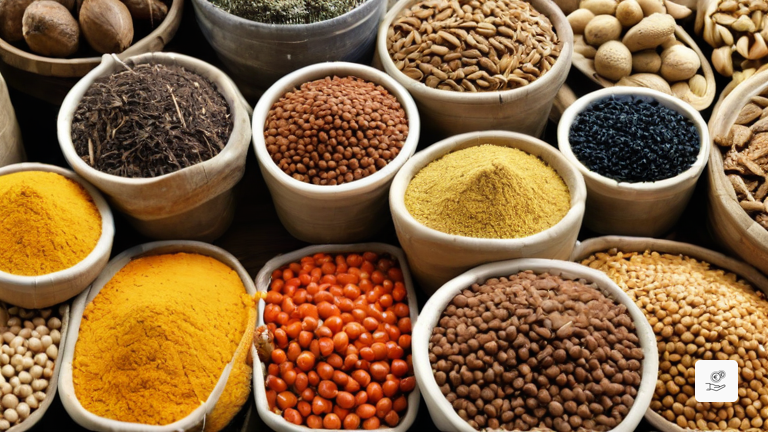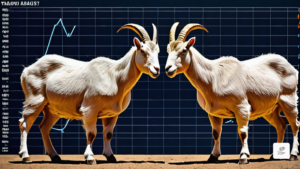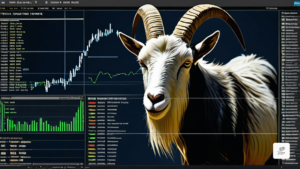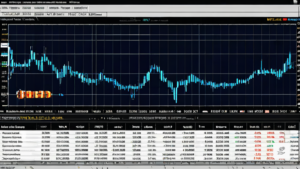Diving Into the World of Mercantile Ventures: A Comprehensive Guide to Commodities and Futures Trading

Understanding the World of Commodities
Commodities are a vital aspect of speculative trading, offering a diverse range of trading options. These naturally occurring or agricultural products form the backbone of the market, ranging from precious metals to agricultural produce like coffee, wheat, and corn.
Exchanges categorize commodities into groups such as Energies, Crops, Livestock, Base Metals, and Precious Metals, creating a wide array of options for traders.
Exploring the Characteristics of the Commodities Market
The commodities market has retained its fundamental characteristics for centuries, dating back to the 19th century when forward contracts were introduced to facilitate trading in products like wheat and corn. These contracts reduced risk for both buyers and sellers, leading to the establishment of organized exchanges like the Chicago Board of Trade.
Today, commodities trading involves a wide range of assets, from agricultural produce to precious metals and energy resources, creating a dynamic and active market for traders and investors.
The Intricacies of Commodities Trading
Commodities trading, whether in physical areas or virtual exchanges, serves as a vital component of the market. It caters to both speculators and those seeking physical delivery of commodities, adding liquidity and creating a platform for fair pricing.
Major commodity exchanges worldwide, such as the London Metal Exchange, the Chicago Mercantile Exchange, and the New York Mercantile Exchange, play a pivotal role in facilitating futures and options trading across various commodities.
Diverse Spectrum of Commodities
The commodity market encompasses a wide range of assets, including Agricultural produce, Livestock & Meat, Energy resources, Forest products, Base metals, Precious metals, and Other commodities. Each category offers unique trading opportunities for investors and traders.
Navigating the Investment Landscape
Investing in commodities can be approached through various avenues such as futures, ETFs, stocks, mutual funds, index funds, and commodity pools. Each method presents distinct advantages and considerations for investors seeking exposure to the commodities market.
Illustrative Example of Futures Trading
Futures trading allows investors to participate in commodity markets with leverage, enabling them to amplify their exposure to commodities. Understanding the specifications of futures contracts, margin requirements, and price fluctuations is essential for successful trading.
Investors can engage in commercial or speculative trading, using futures contracts to hedge against price movements or capitalize on market trends. The flexibility and leverage offered by futures trading make it a popular choice among traders.
Investing Strategies Across Different Platforms
Investors can access commodities markets through ETFs, stocks, mutual funds, and commodity pools, each offering unique exposure to commodities. Understanding the advantages and disadvantages of each investment type is crucial for building a diversified portfolio.
Stocks provide exposure to individual companies linked to commodities, offering potential for capital gain and dividend income. ETFs and mutual funds offer diversified exposure to commodity sectors, while commodity pools provide a private investment structure for leveraging commodity investments.
Analyzing the Pros and Cons of Commodity Investments
Advantages of Investing in Commodities
Investing in commodities serves as a hedge against inflation, diversifies portfolios, and offers potential for high returns. Commodities provide stability and long-term growth prospects, making them a valuable asset class for investors.
Disadvantages of Investing in Commodities
Commodity investments carry inherent risks, including market volatility, economic sensitivity, and potential delivery costs. Understanding the risks involved in commodity trading is essential for managing investment portfolios effectively.
Exploring the World of Commodities Futures
Commodities futures offer leverage, diversification, and market liquidity, making them an attractive investment option for traders. Understanding the nuances of commodities futures trading can help investors navigate the complexities of the market.
Who Engages in Commodities Trading?
Buyers, producers, speculators, and hedgers participate in commodities trading, contributing to market liquidity and price efficiency. Understanding the role of different market participants is essential for comprehending the dynamics of commodity markets.
Commodities trading is a multifaceted domain that caters to a diverse range of investors and traders, offering opportunities for risk management, speculation, and investment growth.




